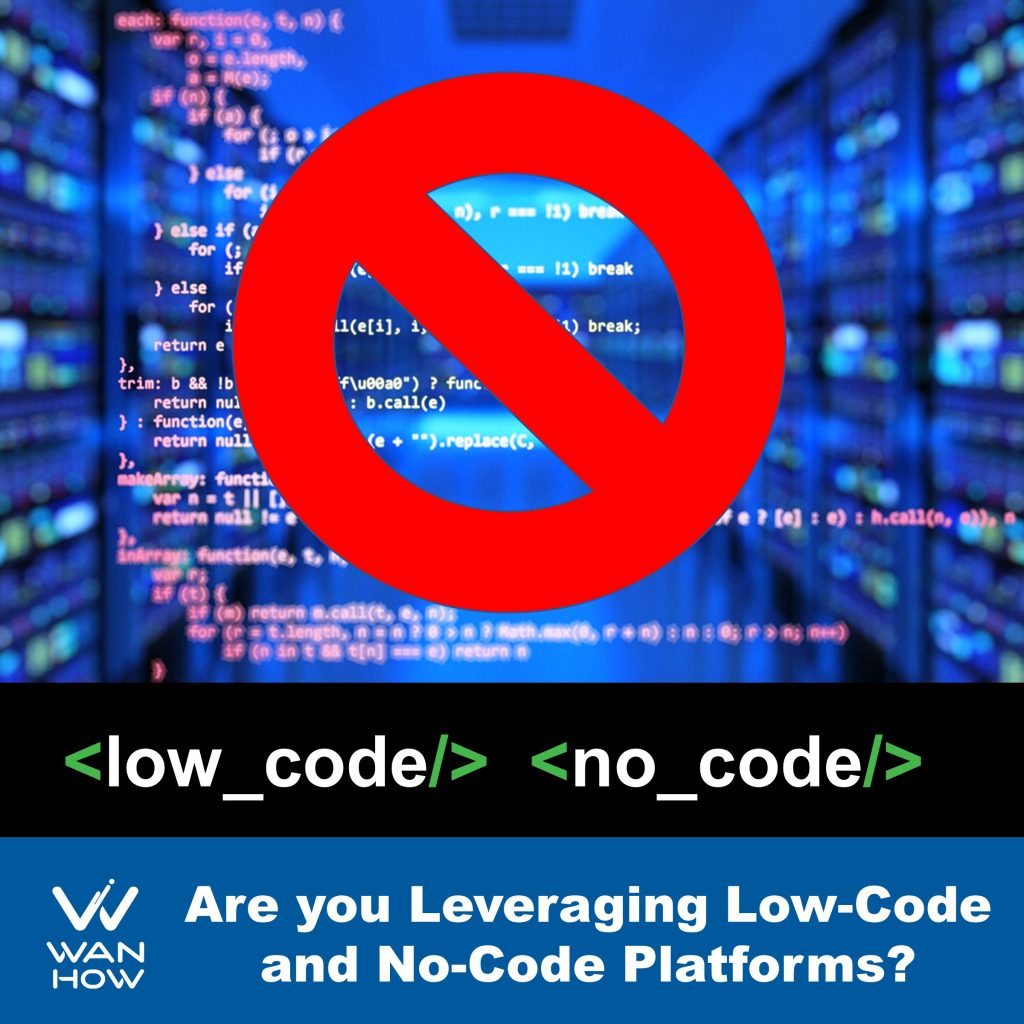
As someone who learnt how to code in high school and spent years coding for work, from programming EEPROMS to developing web applications, I am hesitant to “dumb-down” and explore low-code and no-code platforms. Not surprisingly, it’s a non-coder who introduced me to this movement. I haven’t yet done a deep dive into any one platform. However, from a macro level, here’s some use cases I can think of:
- As an entrepreneur/creator/innovator, I want a quick way to prototype an idea so that I can demo it to potential users before I decide to invest further.
- As a product owner/manager, I want a quick way to build a Minimum Viable Product so that users can pilot test it and provide feedback to make improvements.
- As a citizen developer, someone who doesn’t know how to code, I want to be able to develop a solution for an immediate need without having to rely on developers and lengthy development time.
- As a customer, I want to be able to develop my own features which are specific to me or my organization and as such won’t be developed by the vendor into the main software.
Low-code, no-code platforms are democratizing software development. Years ago, I heard the quote, “software will eat the world.” With the digitalization of (almost) everything–except your lunch–and businesses embracing digital transformation, you no longer need deep pockets and long lead times to bring your ideas and improvements to life.
- Given time, whatever can be built using no-code will likely be built on no-code.
- Whatever needs some coding will likely be attempted on low-code.
- And over time, these platforms will mature and include Machine Learning and AI capabilities.
A PM confided that in her company, the sentiment about project managers was, “anyone can manage a project, only developers can code.” Well, as PMs, you can now venture into the esoteric world of software development by learning a no-code solution.
As an aside, how long do you think it takes to build a prototype of a new video game? How many people does it take? Well, teams of about 4+ members from around the world who have never met in person regularly build video game prototypes in 2 weeks. A story writer, a graphics designer and two coders can deliver a game MVP in their free time in just two weeks.
How long does it take your dev team to deliver an MVP? If it’s longer than two weeks, perhaps it’s time to explore low-code, no-code options.
